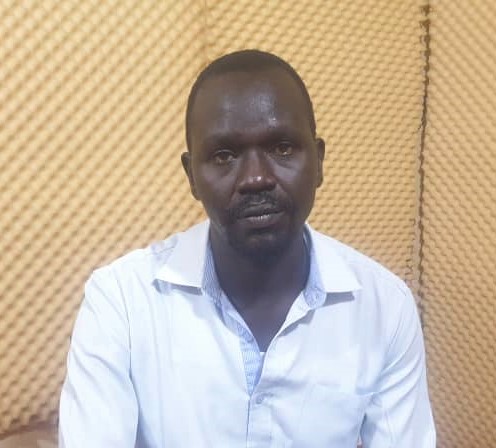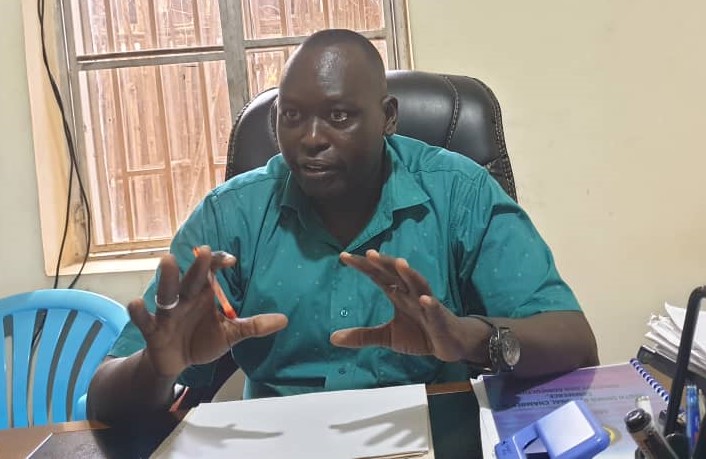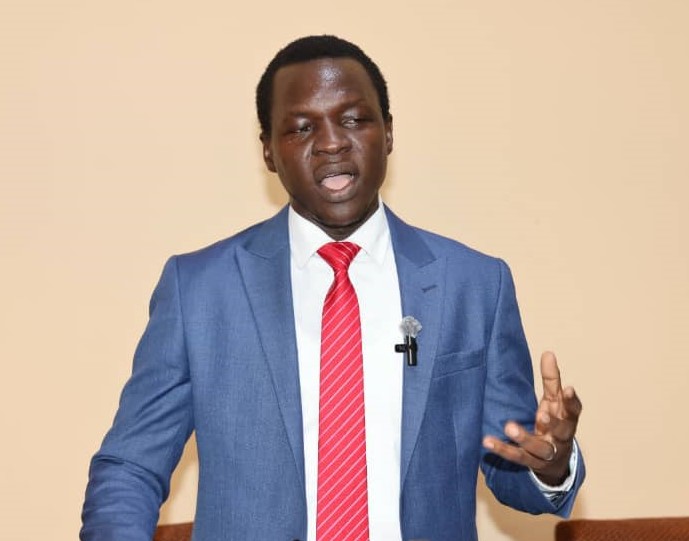Lino Ginaba
Despite a steady stream of taxes collected from traders, companies, and private sectors in Juba, South Sudan, the city’s essential services, such as garbage collection and security, continue to lag. Citizens are left wondering where their tax money is going as improvements remain elusive, and funds often seem to vanish without explanation.
The Juba City Council, responsible for managing these funds under the local government of Central Equatoria State, is facing growing criticism from residents and traders alike. Many accuse the council of failing to provide adequate services despite hefty tax collections, raising serious concerns about transparency and accountability.
Revenue Collection but No Services
According to the State Revenue Authority Act (2007, amended in 2008 and 2014), the authority is tasked with overseeing and consolidating revenue to ensure effective monitoring. However, the reality on the ground paints a starkly different picture.
In an interview, Uywak Dominic, a local trader who runs a bar, expressed his frustration. He regularly pays taxes to the Juba City Council, including monthly security fees, but says these payments do not result in the promised services. His shop was targeted by thieves, and despite paying for security, no protection has been provided.

“For security, we always pay monthly,” Uywak said. “I lost valuable items despite paying the security fee every month. When I reported the theft to the relevant department, nothing was done, and I haven’t recovered my lost items.”
In addition to taxes, traders like Uywak are also subjected to various other fees, but it remains unclear how these funds are utilized. “They claim it’s for service fees, but we don’t see any services. They demand payment within a few days, and if you fail to comply, they shut down your shop,” he added.
Inadequate Garbage Collection
Garbage collection, another critical service, is also failing residents. Despite paying significant amounts for waste management, businesses are left to deal with overflowing trash.
“I pay 50,000 South Sudan Pounds per month for garbage collection, but the city remains filthy. They don’t collect the garbage regularly, yet they continue to demand money,” Uywak lamented.
Businesswoman Rose Santo Tombe, who operates a tailoring shop in the bustling Custom Market, echoed these concerns. She said that traders in Juba are left without the basic services they are paying for, and fees keep increasing with no explanation.
“The City Council keeps raising the rates, and they collect garbage only once a month. The fee for garbage collection has tripled, yet there’s no improvement in services. We’re essentially paying for nothing,” Rose explained.
She highlighted how fees for traders have skyrocketed, with restaurant owners now paying 150,000 SSP ($30) monthly for garbage collection, up from 50,000 SSP ($10), and salon owners facing similar hikes.
Concerns of Misuse of Funds
The Juba City Council Solid Waste Management Master Plan Document (2021-2030), produced in collaboration with the Japan International Cooperation Agency (JICA), indicates that while solid waste management is a key revenue source, the funds collected have been insufficient.
This is attributed to both a lack of waste collection capacity and inefficient fee collections. In theory, the mid-term goal is to improve independent revenue sources to cover 99.5% of waste management costs.
However, in practice, these funds seem to be disappearing, leaving little visible improvement in the city’s services.
Robert Pita, chairperson of the Chamber of Commerce in Central Equatoria State, criticized the misuse of collected taxes, stating that they are not being used to provide essential services, including healthcare and education.

“Taxes should fund services like building schools, health centers, and waste management. However, that’s not happening. Local health facilities are struggling, and the high costs of medical care continue to burden citizens. The taxes are not being directed where they are needed,” Pita said.
Governor’s Concerns and Revelations
Governor Augustino Jadalla Wani of Central Equatoria State raised alarms in August 2024, revealing that unauthorized individuals disguised as City Council officials were collecting taxes in the market. These so-called officials were collecting fees but providing no services in return to the government.
“Criminals are posing as City Council staff, collecting money without authority. We need to remove them, as they are not officially recognized,” Governor Jadalla said.
The governor’s office further revealed that revenue generated under the former administration, led by Emmanuel Adil Anthony, was rarely remitted to the State Ministry of Finance’s bank account.
Press Secretary Waakhe Simon Wudu stated that revenue was often handled physically, contributing to widespread misuse of funds.

“When the new administration took office, it discovered that revenues were not being deposited in the bank, and this allowed for misuse. Going forward, we need to ensure proper handling of the city’s revenue,” Wudu emphasized.
Urgent Need for Reform
The frustrations expressed by Juba’s citizens and traders highlight the urgent need for tax system reforms. Uywak Dominic believes that for any meaningful change to occur, both the government and local authorities must ensure that taxes are allocated transparently and directed toward improving services.
“We need to see the services we’re paying for. Authorities must be transparent in how they use our money,” Dominic said.
Rose Santo Tombe added that the citizens of Juba must play an active role in holding officials accountable, insisting that proper oversight is key to preventing the misuse of funds.
“If we want a system that serves the people, we must demand transparency and accountability from our leaders,” she stressed.
As Juba continues to struggle with inadequate services despite its growing tax base, residents are calling for immediate action to ensure that their money is spent responsibly and for the benefit of the community.





